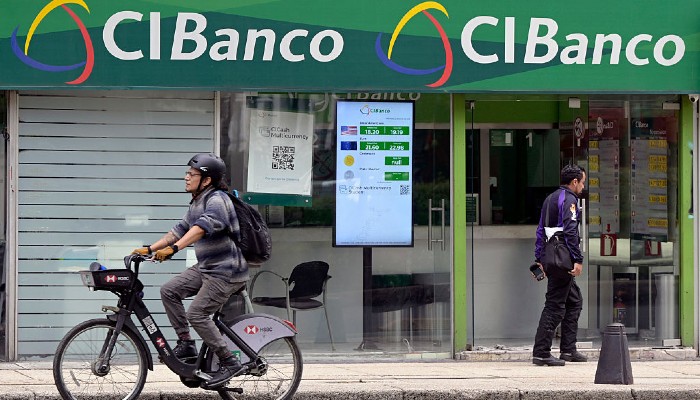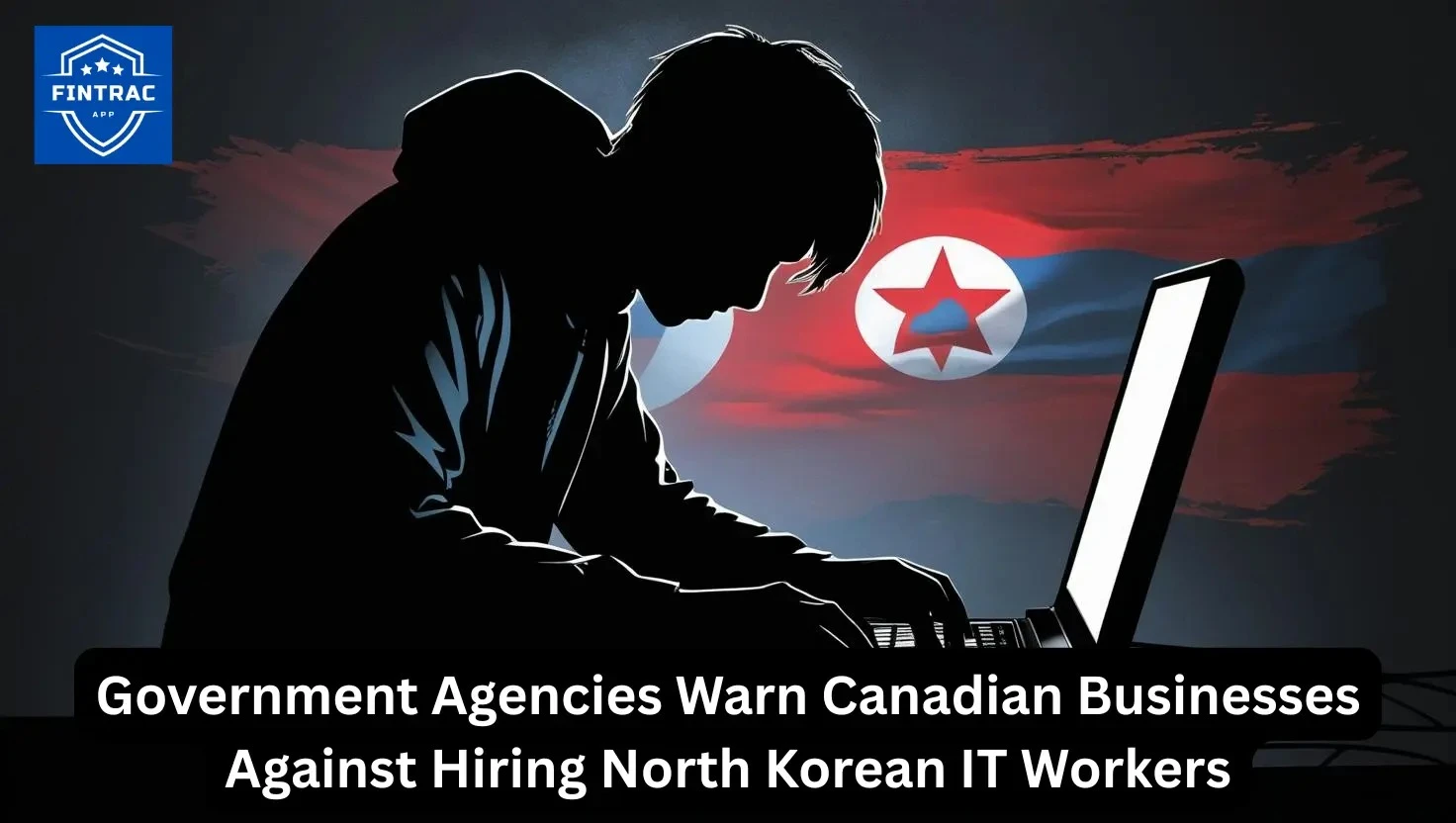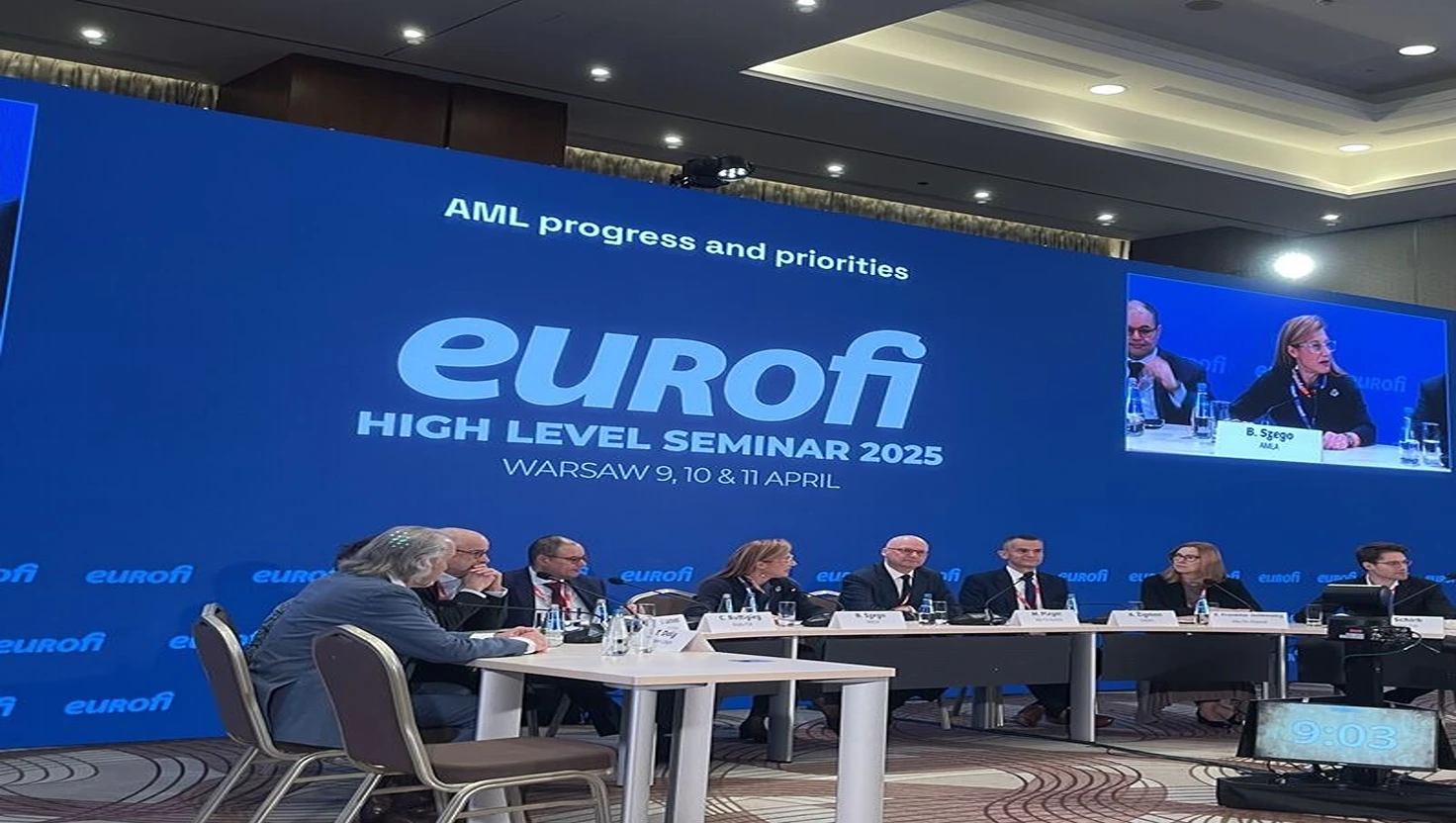U.S. Treasury Sanctions Mexican Financial Institutions Amid Drug War Focus

U.S. Treasury Sanctions Mexican Financial Institutions Amid Drug War Focus
The U.S. Treasury's sanctions against Mexican banks signal intensified scrutiny on financial firms linked to drug cartels.
On June 25, 2025, the U.S. Department of the Treasury’s Financial Crimes Enforcement Network (FinCEN) announced sanctions against three Mexican financial institutions, prohibiting U.S. entities from conducting transactions with them. This move is seen as a pivotal development in the ongoing fight against drug trafficking and cartel activities involving fentanyl.
The institutions targeted—CIBanco S.A., Intercam Banco S.A., and Vector Casa de Bolsa, S.A. de C.V.—are well-established entities within Mexico’s financial sector. Their sudden sanctioning has raised alarms not just in Mexico but among businesses operating cross-border with the U.S. government.
Treasury officials described these sanctions as 'historic,' utilising new legal powers granted by the Fentanyl Eradication and Narcotics Deterrence (FEND) Off Fentanyl Act, which came into effect in 2024. This act empowers the Treasury to take stringent measures against financial institutions deemed to be primary concerns for money laundering in connection with narcotics trafficking.
The sanctions reflect a shift in strategy by the U.S. administration, which has increasingly included legitimate businesses in its crosshairs amid heightened scrutiny of the financial implications surrounding cartel activities. President Claudia Sheinbaum publicly responded to the sanctions on June 26, claiming that no concrete evidence of wrongdoing had been presented, asserting, 'Mexico must be respected,' and stressing the nation's sovereignty.
A Broader Enforcement Initiative
The sanctions align with an intensified approach to counter-narcotics operations, initiated under previous U.S. administrations. Notably, one of President Donald Trump’s first executive orders aimed at designating specific cartels as Foreign Terrorist Organizations, leading to widespread investigations into human smuggling and large-scale drug trafficking operations.
Recent actions by the U.S. Department of Justice (DOJ) and Treasury have illustrated a pattern of escalating enforcement. In March, the Treasury’s Office of Foreign Assets Control designated multiple individuals and entities linked to Mexico’s Cártel de Sinaloa, followed by actions against the Cártel de Jalisco Nueva Generación in subsequent months.
The ramifications of the FinCEN sanctions extend beyond the immediate prohibitions imposed. The transit of funds and maintenance of banking relationships are expected to become increasingly complex for the designated institutions as U.S. banks may interfere with otherwise legitimate transactions. Both CIBanco and Intercam Banco have publicly asserted their compliance with regulatory expectations, indicating their intention to collaborate with authorities.
Industry Impacts and Future Considerations
Responses from the affected banks included statements highlighting their commitment to transparency and adherence to laws. However, following the sanctions, credit or transaction platforms like Visa have already severed connections with CIBanco, reinforcing the gravity of the situation. Furthermore, Fitch Ratings downgraded the ratings of the three institutions shortly after sanctions were implemented.
While FinCEN’s orders specify a targeted approach towards certain U.S. financial participants, the potential knock-on effects could severely challenge Mexican companies relying on these institutions for cross-border operations. The Mexican National Banking and Securities Commission is now involved in scrutinising these entities more closely.
Simultaneously, the U.S. Treasury extended the sanctions' implementation by 45 days, citing Mexico's proactive measures towards compliance as a reason for the reprieve. This indicates a complex intergovernmental relationship as both countries navigate a landscape marred by cartel violence and related financial crimes.
For businesses engaged in operations involving Mexico, experts advise that traditional compliance frameworks may need reevaluation in the face of this evolving threat. Ensuring robust controls against illicit activities will be paramount in this shifting environment, as companies could find themselves under scrutiny for even peripheral involvements in cartel-related activities. As experts predict, the current sanctions could very well mark the beginning of a more thorough enforcement landscape led by the U.S. government.
The institutions targeted—CIBanco S.A., Intercam Banco S.A., and Vector Casa de Bolsa, S.A. de C.V.—are well-established entities within Mexico’s financial sector. Their sudden sanctioning has raised alarms not just in Mexico but among businesses operating cross-border with the U.S. government.
Treasury officials described these sanctions as 'historic,' utilising new legal powers granted by the Fentanyl Eradication and Narcotics Deterrence (FEND) Off Fentanyl Act, which came into effect in 2024. This act empowers the Treasury to take stringent measures against financial institutions deemed to be primary concerns for money laundering in connection with narcotics trafficking.
The sanctions reflect a shift in strategy by the U.S. administration, which has increasingly included legitimate businesses in its crosshairs amid heightened scrutiny of the financial implications surrounding cartel activities. President Claudia Sheinbaum publicly responded to the sanctions on June 26, claiming that no concrete evidence of wrongdoing had been presented, asserting, 'Mexico must be respected,' and stressing the nation's sovereignty.
A Broader Enforcement Initiative
The sanctions align with an intensified approach to counter-narcotics operations, initiated under previous U.S. administrations. Notably, one of President Donald Trump’s first executive orders aimed at designating specific cartels as Foreign Terrorist Organizations, leading to widespread investigations into human smuggling and large-scale drug trafficking operations.
Recent actions by the U.S. Department of Justice (DOJ) and Treasury have illustrated a pattern of escalating enforcement. In March, the Treasury’s Office of Foreign Assets Control designated multiple individuals and entities linked to Mexico’s Cártel de Sinaloa, followed by actions against the Cártel de Jalisco Nueva Generación in subsequent months.
The ramifications of the FinCEN sanctions extend beyond the immediate prohibitions imposed. The transit of funds and maintenance of banking relationships are expected to become increasingly complex for the designated institutions as U.S. banks may interfere with otherwise legitimate transactions. Both CIBanco and Intercam Banco have publicly asserted their compliance with regulatory expectations, indicating their intention to collaborate with authorities.
Industry Impacts and Future Considerations
Responses from the affected banks included statements highlighting their commitment to transparency and adherence to laws. However, following the sanctions, credit or transaction platforms like Visa have already severed connections with CIBanco, reinforcing the gravity of the situation. Furthermore, Fitch Ratings downgraded the ratings of the three institutions shortly after sanctions were implemented.
While FinCEN’s orders specify a targeted approach towards certain U.S. financial participants, the potential knock-on effects could severely challenge Mexican companies relying on these institutions for cross-border operations. The Mexican National Banking and Securities Commission is now involved in scrutinising these entities more closely.
Simultaneously, the U.S. Treasury extended the sanctions' implementation by 45 days, citing Mexico's proactive measures towards compliance as a reason for the reprieve. This indicates a complex intergovernmental relationship as both countries navigate a landscape marred by cartel violence and related financial crimes.
For businesses engaged in operations involving Mexico, experts advise that traditional compliance frameworks may need reevaluation in the face of this evolving threat. Ensuring robust controls against illicit activities will be paramount in this shifting environment, as companies could find themselves under scrutiny for even peripheral involvements in cartel-related activities. As experts predict, the current sanctions could very well mark the beginning of a more thorough enforcement landscape led by the U.S. government.

Government Agencies Warn Canadian Businesses Against Hiring North Korean IT Workers
Canadian officials warn businesses about risks from hiring North Korean IT workers, highlighting legal and cybersecurity concerns.
| 2025-07-18

New rules for BC mortgage industry to combat money laundering
B.C. introduces the Mortgage Services Act to strengthen protections for homebuyers and combat money laundering in the real estate sector.
| 2025-07-18

EU Anti-Money Laundering Authority Warns Crypto Businesses
The EU's new Anti-Money Laundering Authority warns cryptocurrency firms of upcoming regulations aimed at combating financial crime.
| 2025-07-18

Canada's Financial Institutions Warned on Transactions Linked to Iran
CANADA: Financial authorities issue directive amid concerns over Iran's financial activities and international risks.
| 2025-07-15

Algeria Blacklisted by EU for Money Laundering and Terrorism Financing
The European Union has blacklisted Algeria due to severe money laundering and terrorism financing concerns, prompting urgent security meetings.
| 2025-07-12



